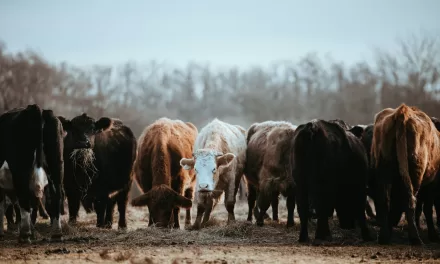
A recent study led by Andreas Wagner from the Santa Fe Institute suggests that E. coli bacteria might possess a greater ability to develop antibiotic resistance than previously believed. By conducting experiments that explored over 260,000 potential mutations in a key E. coli protein essential for survival when exposed to the antibiotic trimethoprim, researchers discovered that approximately 75 percent of the possible evolutionary routes led to the bacteria acquiring such a high level of resistance that clinicians might hesitate to prescribe trimethoprim to patients.
Wagner, an evolutionary biologist at the University of Zurich in Switzerland, highlighted the study’s broader implications, stating, “This study suggests that bacteria like E. coli might be more proficient in evolving resistance to antibiotics than initially presumed. This finding has wider implications for comprehending adaptation and evolution in various realms, including evolutionary biology and chemistry.”
Apart from raising concerns about antibiotic resistance, the study challenged a longstanding theory related to fitness landscapes, which illustrate how well organisms or their components adapt to their surroundings. The research, published in Science, utilized CRISPR gene editing technology to construct an extensive fitness landscape for the E. coli dihydrofolate reductase (DHFR) protein.
The findings were unexpected: while the fitness landscape displayed numerous peaks, most of these peaks offered relatively low fitness, rendering them less attractive for adaptation. Surprisingly, even within this challenging landscape, approximately 75 percent of the simulated populations reached high fitness peaks, leading to heightened antibiotic resistance in E. coli.
These results hold substantial real-world implications. If such rugged landscapes are commonplace in biological systems, it suggests that various adaptive processes, including antibiotic resistance, might be more achievable than previously understood. Wagner noted, “This not only significantly impacts biology but also prompts a reconsideration of our comprehension of landscape evolution across diverse fields.”











